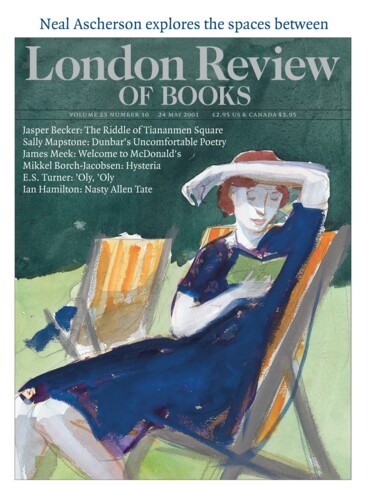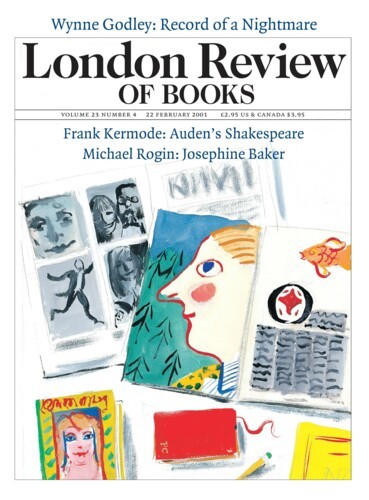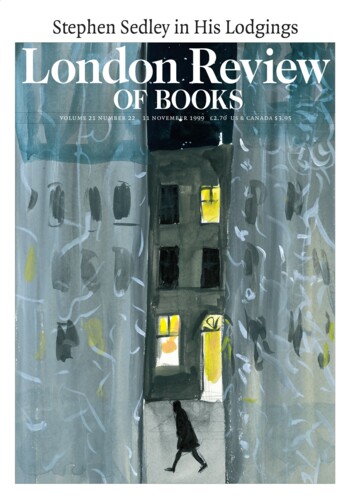It is a shame for a 16th-century historian to know nothing about astrology, but that has been my case, and I should think that of most others in this branch of the profession. I come across, say, a letter from a French Ambassador in London in April 1583, where he remarks that there is about to occur a ‘great conjunction’ of Jupiter and Saturn in the sign of Aries, something that happens once every seven hundred and sixty years or so and heralds some frightful disturbance in the sublunary world. What am I to think? That he is writing an obligatory letter to somebody he needs to butter up but has nothing really to say to? That he is reporting a matter of general concern in the distinguished conversational circles he moves in? Is passing on superstitious gossip from the servants downstairs? Has just had a letter from Jean Bodin, or been talking to his newly arrived guest, Giordano Bruno? Has been studying his almanacs to find out what line he should take between the poles of English politics, Queen Elizabeth and Mary Queen of Scots?‘
Cardano’s Cosmos: The Worlds and Works of a Renaissance Astrologer by Anthony Grafton. It is a shame for a 16th-century historian to know nothing about astrology, but that has been my case, and I should think that of most others in this branch of the profession. I come across, say,...





